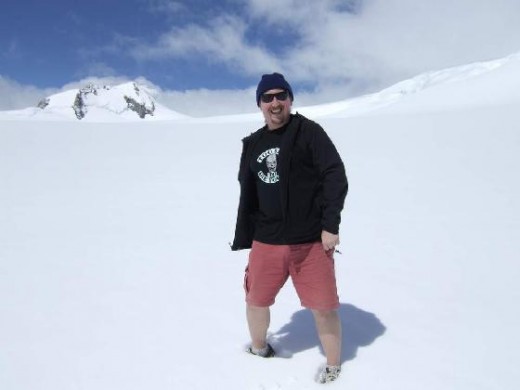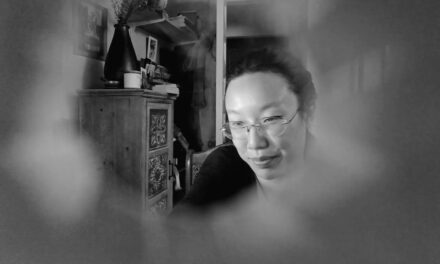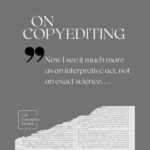In their waxin g and waning, seasons are like radio signals, and as we climbed toward our McMicken Hall office this morning, the forty-nine-degree air was a cold static on our naked forearms, calves, and flip-floppeted feet. People smug in their jeans and windbreakers were giving us impertinent looks. Once inside, we ransacked the CR’s desk drawers and file cabinets, hoping for a left-behind sweatshirt nothing had nested in, but unfortunately all the left-behind sweatshirts had been nested in—by mice, spiders, Lit PhDs, etc.
g and waning, seasons are like radio signals, and as we climbed toward our McMicken Hall office this morning, the forty-nine-degree air was a cold static on our naked forearms, calves, and flip-floppeted feet. People smug in their jeans and windbreakers were giving us impertinent looks. Once inside, we ransacked the CR’s desk drawers and file cabinets, hoping for a left-behind sweatshirt nothing had nested in, but unfortunately all the left-behind sweatshirts had been nested in—by mice, spiders, Lit PhDs, etc.
Then we turned up these three comments from contributors talking about poems in the current issue, and though we didn’t feel any less underdressed, we realized there are other ways of making do when the temp. starts to drop for good.
Catherine Pierce: When I was younger, I spent many long summer days imagining the life I would someday live. Those daydreams were often the best parts of my days, because the experiences I imagined having were, I was sure, much richer and more exotic than anything I could experience at home (I will be a world traveler and learn seven languages! No, I will live in a cabin without electricity and spend my days hiking unforgiving terrain! No, I will somehow develop artistic talent and be a painter!). There’s a particular rush that accompanies this type of wide-open-future imagining, and in “Dear Self I Might Have Been” I wanted to explore what might happen if that rush of almost, of will be, of soon, were pursued obsessively and indefinitely.
Michael Chitwood: I went to a scout camp on a small lake for several summers as a kid. During the day, the dock area was all shout and shove, splash and knock; the oars thunking in the oar locks. It was good ruckus. But I would wander back to the dock in the late evening when all the gear had been stowed. It was quiet, but you could still feel the potential energy of the place. The memory of that was how the poem got started, and, as with many of my poems, I had no idea where it would go from there. “At the Dock at Dusk” was a surprise for me. I consider it as a good sign when language takes its own turn.
Bruce Cohen: For what seemed like a hundred years, going to the beach was work: eagle-eyeing my three boys to make sure nobody drowned, or consumed too much sand, or stood too close to the edge of the gangplank of breakers, or sliced their feet on barnacles, or buried each other alive. . . . Of course, in this exhausting chaos of my own ineptitude I couldn’t be too concerned with the way they disrupted the enjoyment of other families. On those days, all I ever daydreamed about was one relaxing afternoon where I could simply read and snooze and not be bothered. And that, in fact, happened: All of a sudden the boys were grown and had no interest in going to the beach with us, but I found myself watching strangers’ children, walking out to the breakers myself, contemplating the large issues of life, death, generational disappointments, evolution—what is, in fact, missing from our lives. And in composing “Beach Day,” I know I was thinking about that Philip Larkin poem about going to the beach, and that resigned sadness and sense of loss and never-coming-back seemed to infiltrate my poem as well.











